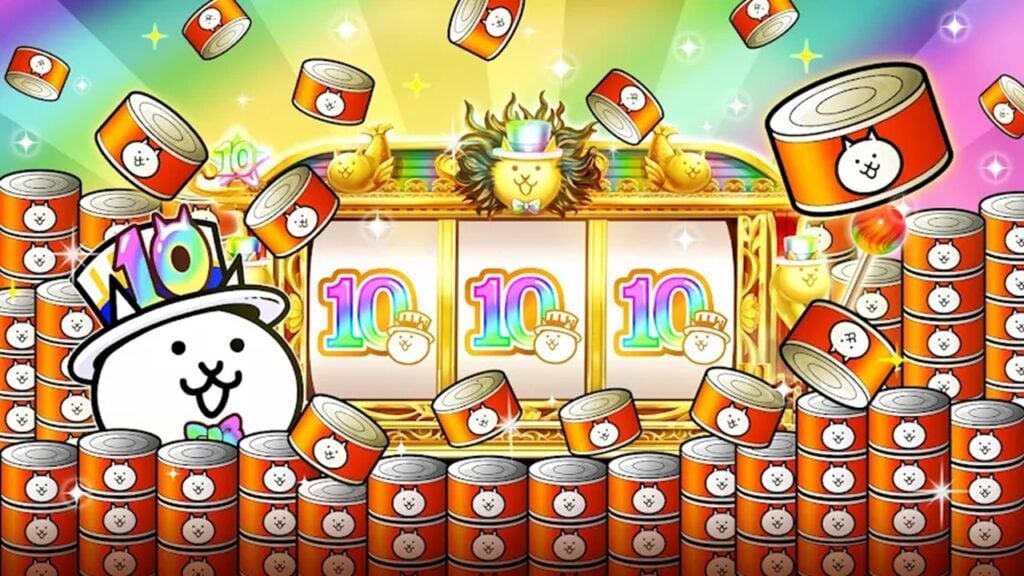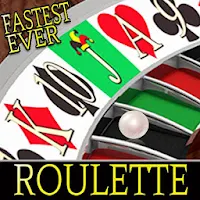Nintendo Unveils Strategy Against Piracy and Emulation
Nintendo's aggressive stance against emulation is well-documented. Recent examples include the $2.4 million settlement with Yuzu developers in March 2024, the cessation of Ryujinx development in October 2024 following Nintendo's intervention, and the legal advice preventing a full Steam release of the Gamecube/Wii emulator Dolphin in 2023 due to Nintendo's pressure. The infamous 2023 case against Gary Bowser, who sold devices circumventing Nintendo Switch anti-piracy measures, resulted in a $14.5 million judgment.
A recent presentation at Tokyo eSports Festa 2025 by Nintendo's patent attorney, Koji Nishiura, shed light on the company's legal strategy. Nishiura clarified that while emulators aren't inherently illegal, their use can become illegal under certain circumstances. Specifically, emulators that copy game programs or disable console security measures may infringe on copyright laws.
This legal action often relies on Japan's Unfair Competition Prevention Act (UCPA), limiting Nintendo's international reach. The R4 card for the Nintendo DS, which allowed pirated game execution, serves as a key example. Nintendo's successful 2009 lawsuit against R4 manufacturers and distributors, based on UCPA violations, effectively banned its sales in Japan.
Nishiura also highlighted the illegality of "reach apps," third-party tools facilitating pirated software downloads within emulators. Examples include the 3DS's "Freeshop" and the Switch's "Tinfoil." These tools, he argued, also violate copyright law.
Nintendo's lawsuit against Yuzu cited one million pirated copies of The Legend of Zelda: Tears of the Kingdom, alleging that Yuzu's Patreon generated $30,000 monthly through premium features, including early access to games like Tears of the Kingdom.
-
1

Every Pokémon Game on the Nintendo Switch in 2025
Feb 25,2025
-
2
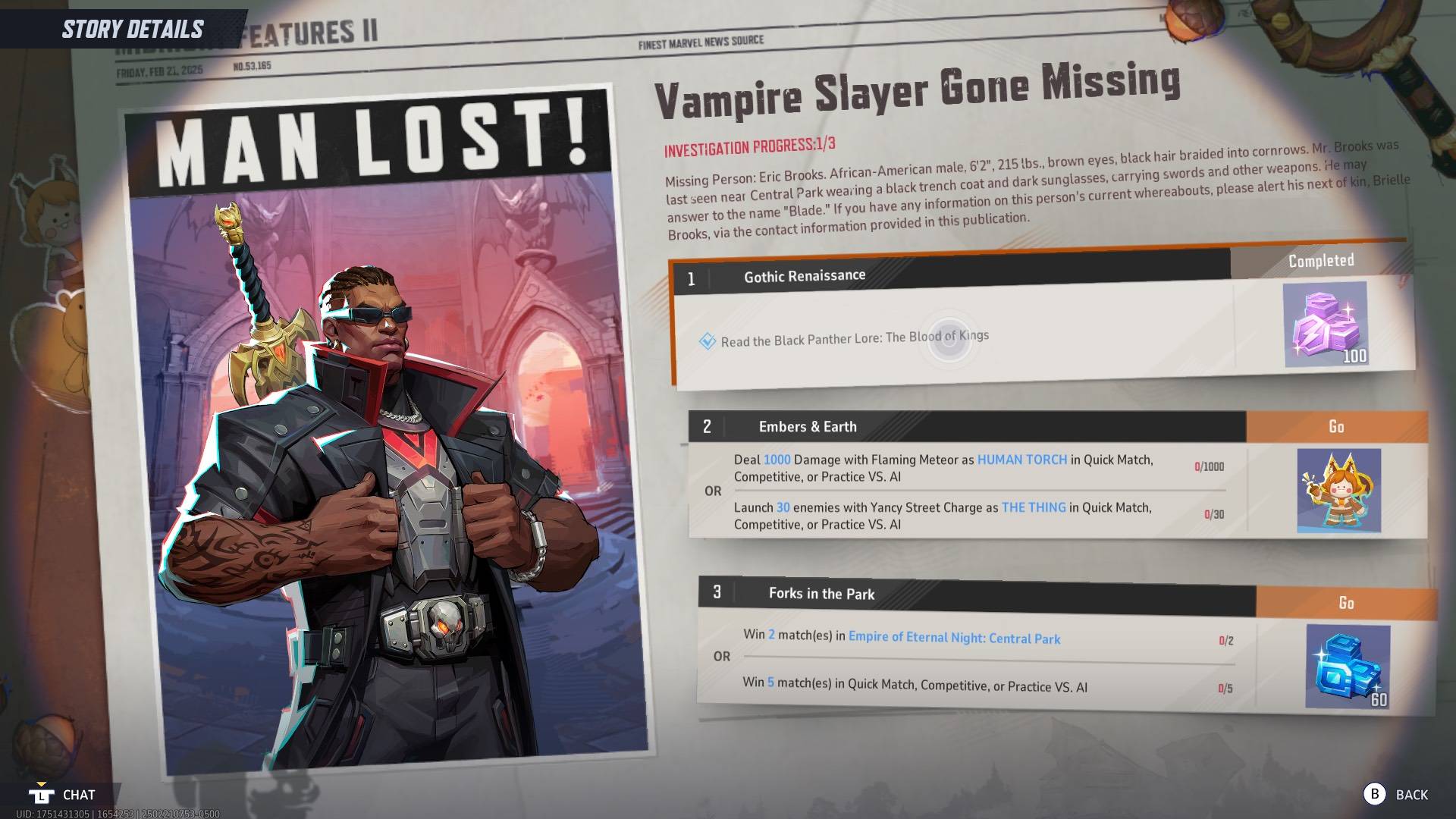
How To Read Black Panther Lore: The Blood of Kings in Marvel Rivals
Mar 01,2025
-
3
![Anime Vanguards Tier List – Best Units For Each Gamemode [UPDATE 3.0]](https://images.gzztb.com/uploads/35/17376012656791b0f12fa1c.jpg)
Anime Vanguards Tier List – Best Units For Each Gamemode [UPDATE 3.0]
Feb 27,2025
-
4
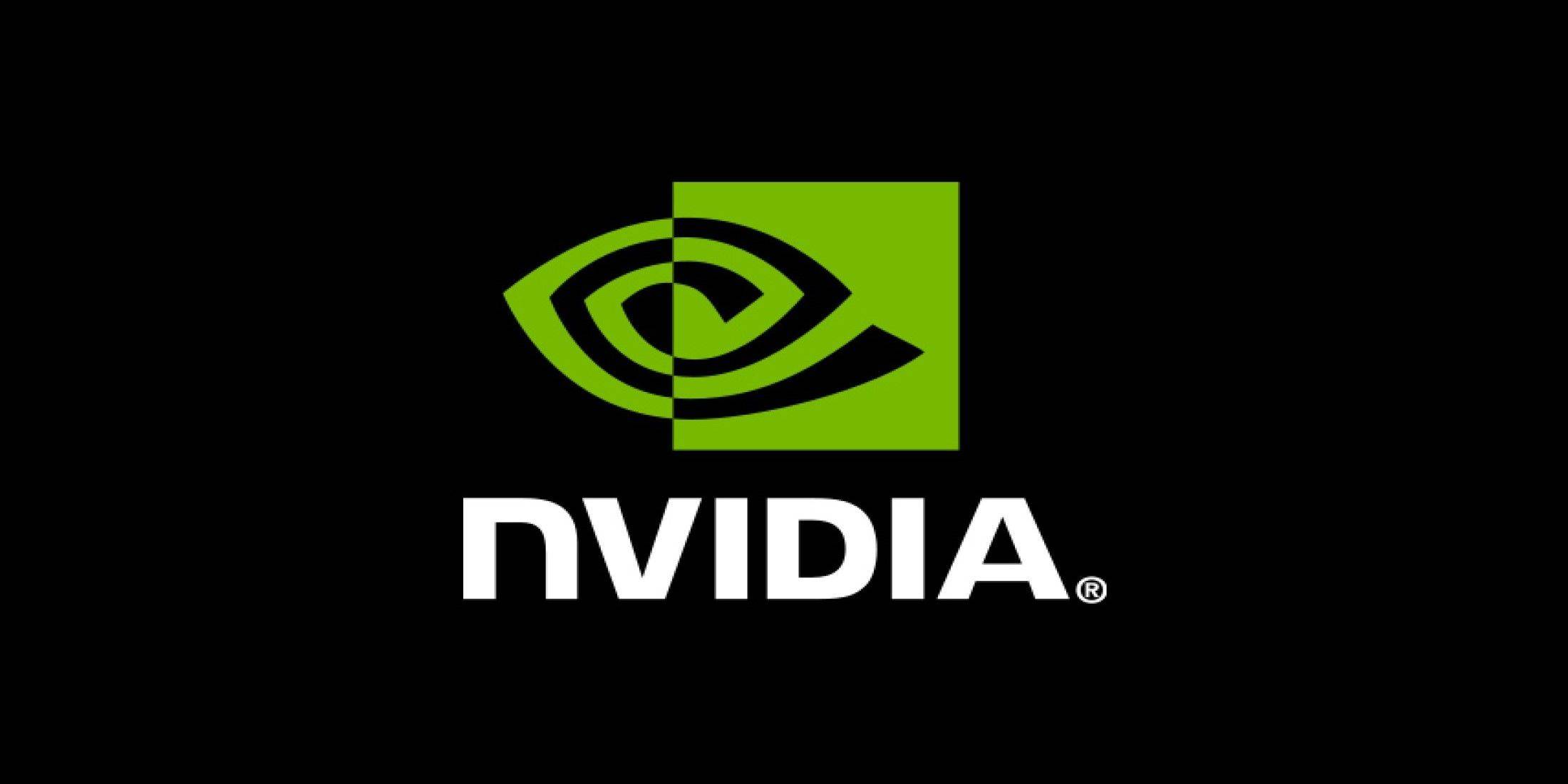
Nvidia RTX 5090 Specs Leak: Rumor Confirmed?
Mar 14,2025
-
5

Hearthstone has kicked off the Year of the Raptor with a myriad of new content
Mar 16,2025
-
6
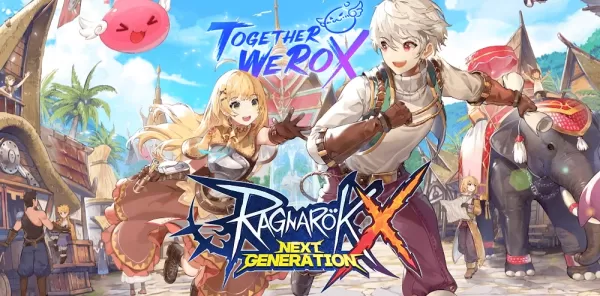
Ragnarok X: Next Gen - Complete Enchantment Guide
May 25,2025
-
7

McLaren Returns to PUBG Mobile Collaboration
Aug 27,2024
-
8

Roblox: Trucking Empire Codes (January 2025)
Mar 05,2025
-
9

January 15 Is Suddenly a Big Day for Call of Duty: Black Ops 6 Zombies Fans
Feb 20,2025
-
10

Assetto Corsa EVO Release Date and Time
Jan 05,2025
-
Download

DoorDash - Food Delivery
Lifestyle / 59.30M
Update: Apr 23,2025
-
Download

Niramare Quest
Casual / 626.43M
Update: Feb 21,2023
-
Download

The Golden Boy
Casual / 229.00M
Update: Dec 17,2024
-
4
POW
-
5
Gamer Struggles
-
6
Mother's Lesson : Mitsuko
-
7
Poly Pantheon Chapter One V 1.2
-
8
How To Raise A Happy Neet
-
9
Dictator – Rule the World
-
10
Strobe

